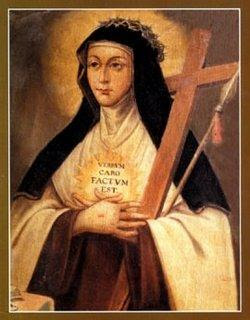St. Wolfgang of Austria

Wolfgang was a Bishop and reformer. He was born in Swabia, Germany,and he studied at Reichenau under the Benedictines and at Wurzburg before serving as a teacher in the cathedral school of Trier. In the year of 964 entered the Benedictines at Einsiedeln and was appointed head of the monastery school, receiving ordination from St. Ulrich in 971. He then set out with a group of monks to preach among the Magyars of Hungary, and in 972 was named bishop of Regensburg by Emperor Otto II. As bishop, he distinguished himself brilliantly for his reforming zeal and his skills as a statesman. He brought the clergy of the diocese into his reforms, restored monasteries, promoted education, preached enthusiastically, and was renowned for his charity and aid to the poor, receiving the title Eleemosynarius Major (Grand Almoner). He also served as tutor to Emperor Henry II while he was still king. Wolfgang died at Puppingen near Linz, Austria in the year of 994. He was canonized in 1052 by Pope St. Leo IX. Towards the end of his life Saint Wolfgang withdrew as a hermit to a solitary spot, Wolfgang's Lake in the region of upper Austria. He stayed in Hermatiage for many years but then was discovered by a hunter and brought back to town. While travelling on the Danube to Pöchlarn in Lower Austria, he fell ill at the village of Pupping, which is between Eferding and the market town of Aschach near Linz, and at his request was carried into the chapel of Saint Othmar at Pupping, where he died.



